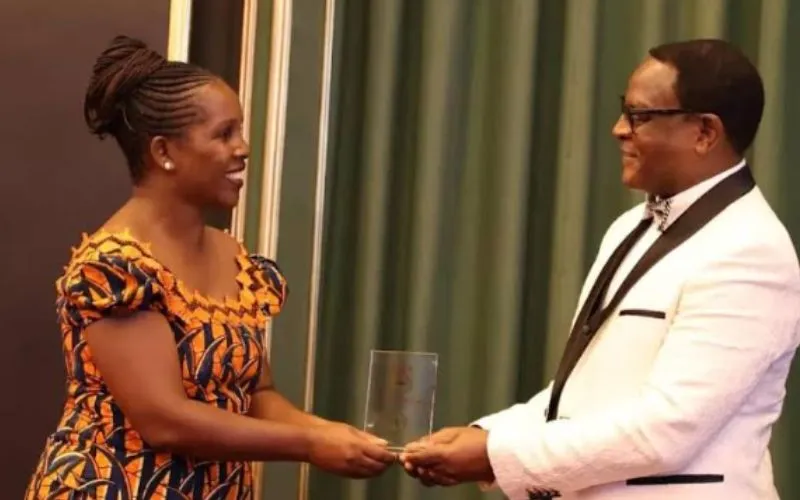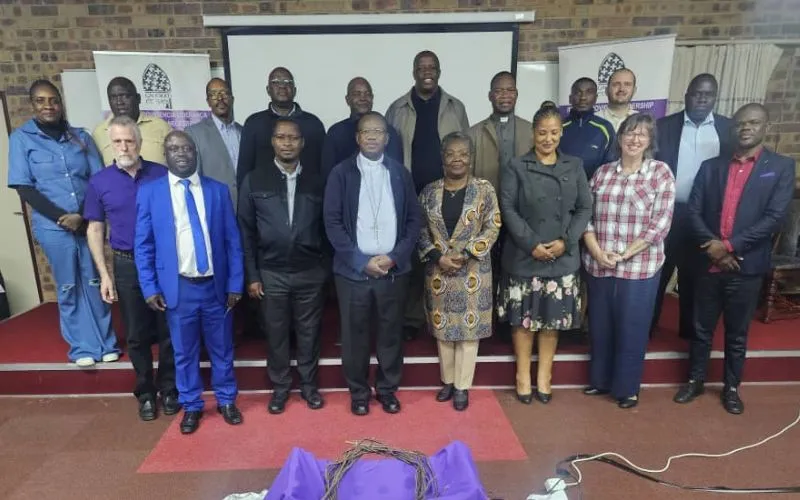“As guided by the Catholic social teaching, we take the welfare of the poor at heart and ensure that their dignity and respect is maintained at all times regarding of the situations they are in,” the National Coordinator of CADECOM said.
The cyclone that first hit Malawi on 12 March 2023 affected 500,000 people, including 326 who were killed and over 183,100 people who were displaced, according to the United Nations Office for the Coordination of Humanitarian Affairs (OCHA).
Malawi was reportedly the most affected by the tropical storm, which was described as the longest-lived cyclone on record. The cyclone also affected Mozambique and Madagascar.
The situation prompted CADECOM to make an emergency appeal through Caritas Internationalis (CI) to mobilize resources that helped save lives and address immediate needs of the affected communities.
Through CADECOM, ECM reportedly reached about 50,000 victims in Malawi’s districts of Blantyre, Chikwawa, Nsanje, Phalombe, Zomba, Machinga, and Mangochi, with various relief items, including food items such as maize, maize flour, soy pieces, soya nutri-blend meals for under-five children, sugar, cooking oil, salt, and beans among others.
In the January 9 interview with ACI Africa, the National Coordinator of CADECOM acknowledged with appreciation the partnership from local churches and other partners that facilitated the humanitarian assistance.
Mrs. Sakunda also spoke about CADECOM approaches in various interventions, highlighting “is the strength-based approach which puts the local knowledge and capabilities in front in all our undertakings including in disaster response.”
On allocating resources during emergencies to ensure effective and timely response, Mrs. Sakunda said that CADECOM partners with local government structures through district councils and various humanitarian clusters.
“These are structures that have all the data in terms of the impacts as well as partners responding to the disaster,” she said, and added, “So, we are guided in terms of what is needed and where the needs are through this.”
On timeliness, she explained, “CADECOM is a member of these structures and is involved at all stages starting from assessments to post-monitoring distribution. So, in this way, we are aware of the needs on time and then we quickly move in using the prepositioned funding we have.”








